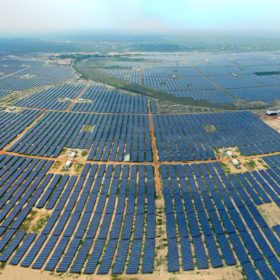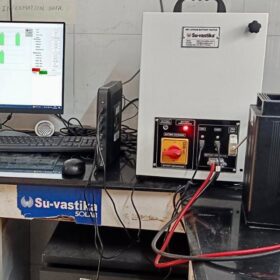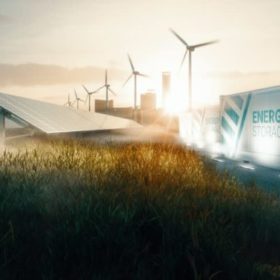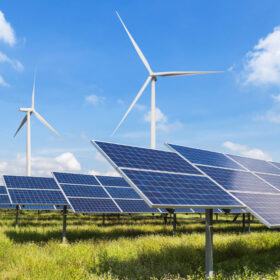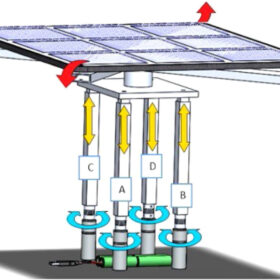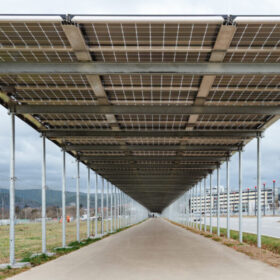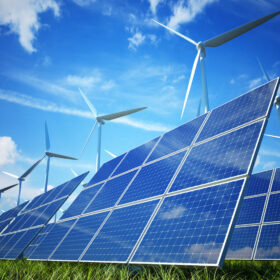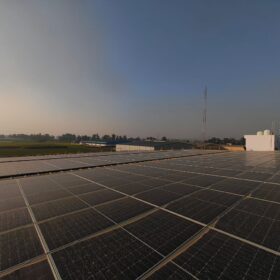Adani Green Energy doubles profit in FY 2022-23
Adani Green Energy has reported a profit after tax of INR 973 crore in FY 2022-23, almost 100% up from INR 489 crore in FY 2021-22.
What’s cooking in a farmhouse factory
Kunwer Sachdev, the founder of Su-kam brand inverters in India, has converted his farmhouse in Gurugram into an R&D and manufacturing facility for new-age solar and lithium battery storage products under his new venture Su-vastika Systems. He speaks to pv magazine about their offerings including mobile energy storage, lithium battery tester, solar inverters, and more.
GAIL to enter solar manufacturing
India’s largest natural gas company plans to partner with an undisclosed company to undertake vertically integrated solar manufacturing.
People on the move: Longi Hydrogen and Hygenco
Gaurav Gaba has joined Longi Hydrogen as sales director. Shashank Adlakha is starting a new position as a chief operating officer at Hygenco -The Hydrogen Company.
Potential locations for solar, wind hybrid projects in India
Indian scientists have created a hybrid power exploitability index to identify optimal locations for constructing new solar and wind hybrid power plants. They have evaluated retrofitting existing standalone plants and have discovered that all but one of the eight plants could be hybridized, with up to a 400% annual increase in power output.
Low-cost, portable sun-tracker for offgrid solar
Mauritian researchers have developed a solar tracker prototype that increases current by around 37%. The device uses a simplified and mechanical tracking system.
Serentica Renewables secures additional $250 million from KKR
US investor KKR’s latest investment builds on its $400 million commitment to Serentica Renewables last year.
Navitas Solar ramping up PV panel capacity to 1.7 GW
Indian manufacturer Navitas Solar is ramping up its PV panel capacity to 1.7 GW per year by adding a new 1.2 GW manufacturing facility. The new facility can produce M10 and G12 mono PERC and TOPCon modules.
Germany’s first photovoltaic cycling path goes online
Badenova has installed 912 glass-glass PV modules along a cycling path in the city of Freiburg, Germany, as part of a new pilot project.
SECI wraps up 1.2 GW hybrid wind-solar tender with INR 4.64-4.73/kWh tariff
Solar Energy Corp. of India has published the winners of 1.2 GW of hybrid wind-solar projects, paired with energy storage for assured peak power supply. The lowest tariff awarded was INR 4.64 ($0.057)/kWh.
